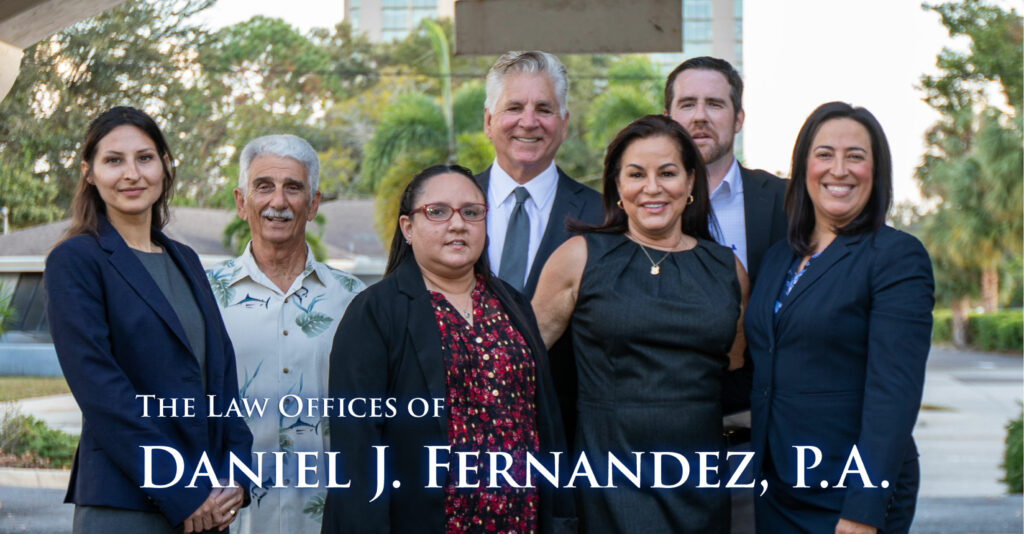Retail theft is generally covered under the state’s laws related to theft or shoplifting. The specific statutes may vary, but in general, retail theft involves the unauthorized taking of merchandise or goods from a retail establishment with the intent to permanently deprive the owner of those items without paying for them.
Florida law categorizes retail theft offenses based on the value of the stolen property. The severity of the offense and potential penalties depend on the value of the stolen goods. The relevant statutes may include provisions for petit theft (for lower-value items) and grand theft (for higher-value items).
Penalties for retail theft in Florida may include fines, probation, community service, restitution to the victim, and, in more serious cases, imprisonment. Additionally, merchants may pursue civil remedies, such as demanding the payment of a civil penalty, in addition to any criminal charges.
Retail theft means the taking or carrying away of merchandise, property, money, or negotiable documents; altering or removing a label, universal product code, or price tag; transferring merchandise from one container to another; or removing a shopping cart, with intent to deprive the merchant of possession, use, benefit, or full retail value. See Section 812.015(1)(d), Florida Statutes. Merchandise means any personal property, capable of manual delivery, displayed, held, or offered for retail sale by a merchant. See Section 812.015(1)(a), Florida Statutes. For example, when someone goes into a Wal-Mart or Home Depot store and takes merchandise without paying for it, the act is considered shoplifting and constitutes retail theft.
What is Employee Theft?
Employee theft refers to the unlawful taking or misappropriation of an employer’s property or assets by an employee. This can involve various actions, such as stealing money, merchandise, or confidential information, as well as fraudulent activities like embezzlement.
Florida does not have a specific statute titled “employee theft,” but offenses related to theft, embezzlement, or fraud committed by employees would generally be covered under existing theft and fraud laws. The severity of the offense and the potential penalties depend on factors such as the value of the stolen property and the specific circumstances of the case.
Employees who engage in theft or fraudulent activities may face criminal charges, and the penalties can include fines, probation, community service, restitution to the employer, and, in more serious cases, imprisonment. Employers may also pursue civil remedies, such as filing a lawsuit to recover damages.
Employee theft is defined as stealing or use of an employer’s assets without permission. The most common asset stolen from employers is money and merchandise or company property. For example, if someone working at a Wal-Mart or Home Depot makes it possible or allows merchandise to leave the store without payment the act is considered employee theft.
What Is the Difference Between Petit Theft and Grand Theft?
Petit theft is a misdemeanor. Grand theft is a felony. The difference between a misdemeanor and a felony is the value of the property. The felony theft threshold is $750.00.
What Is a Theft Threshold?
A theft threshold is the value of property stolen that increases the offense from a misdemeanor to a felony. For example, if a person takes an item worth $700.00 they can be charged with a misdemeanor. On the other hand, if a person takes an item worth $750.00 or more they can be charged with third-degree grand theft, which is a felony and carries a prison sentence of 5 years and a fine of up to $5,000, and other consequences, such as the right to possess a firearm. A convicted felon can have difficulty getting a job, renting an apartment or home, and may be prohibited from obtaining certain licenses.
What Is a Theft Crimes Aggregation Period?
The aggregation period is the number of days in which the value of items for multiple offenses will be totaled. For example, if a person takes property worth $300.00 on one day and then takes another item worth $450.00 within 29 days, the value would be calculated together for a sum of $750.00, and they can be charged with a third-degree felony. That means if someone takes $750.00 over a one month period, they can be charged with a felony.
Contact a Criminal Defense Attorney
If you or a loved-one have been arrested for retail or employee theft it is important to speak with an experienced criminal defense lawyer. The difference between petit theft and grand theft is complex. Petit theft is a misdemeanor. Grand theft is a felony, which can lead to a long prison sentence and other serious consequences.







